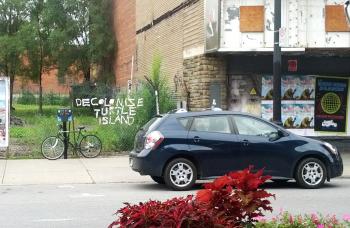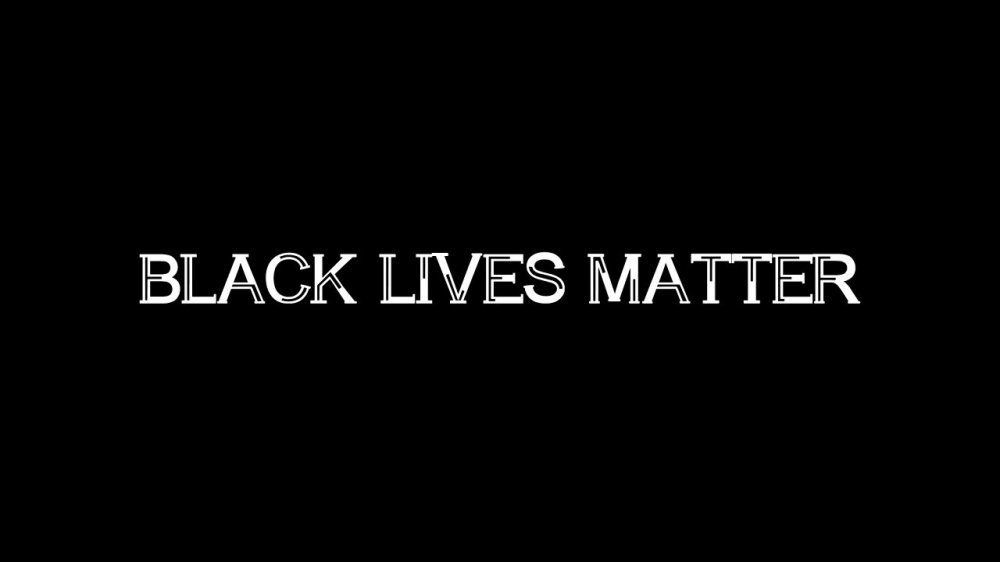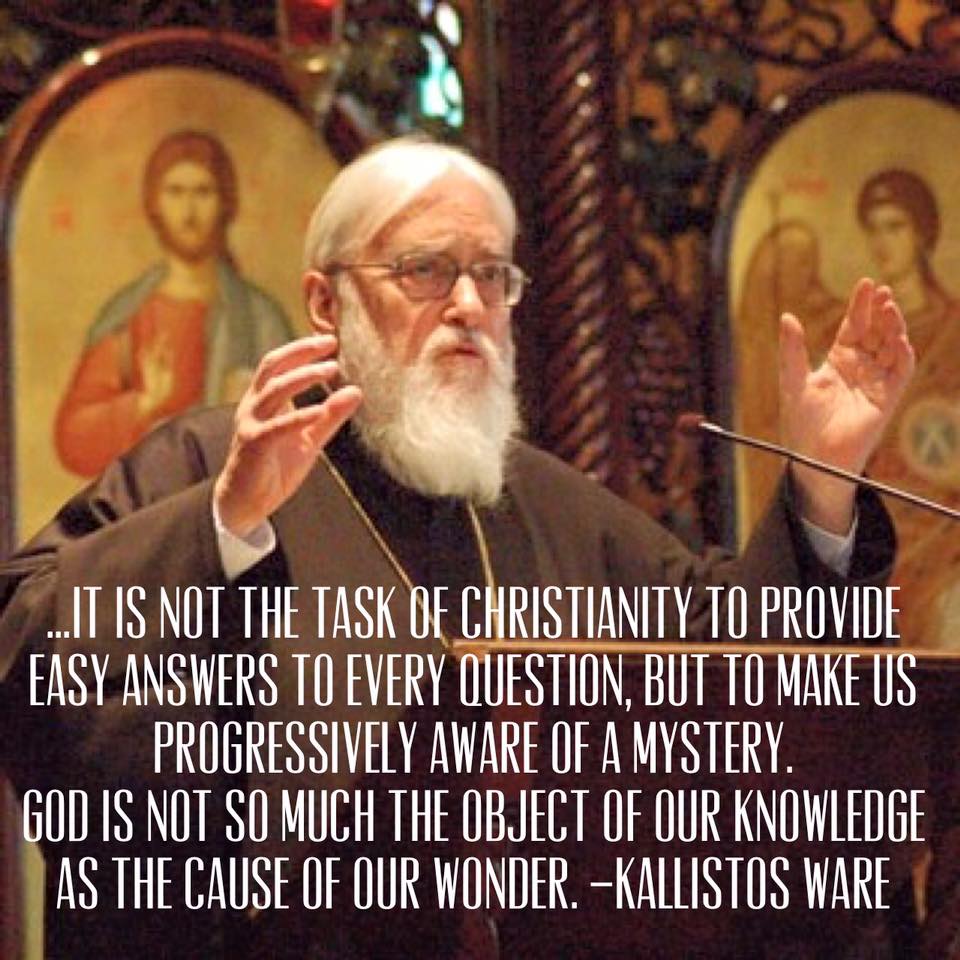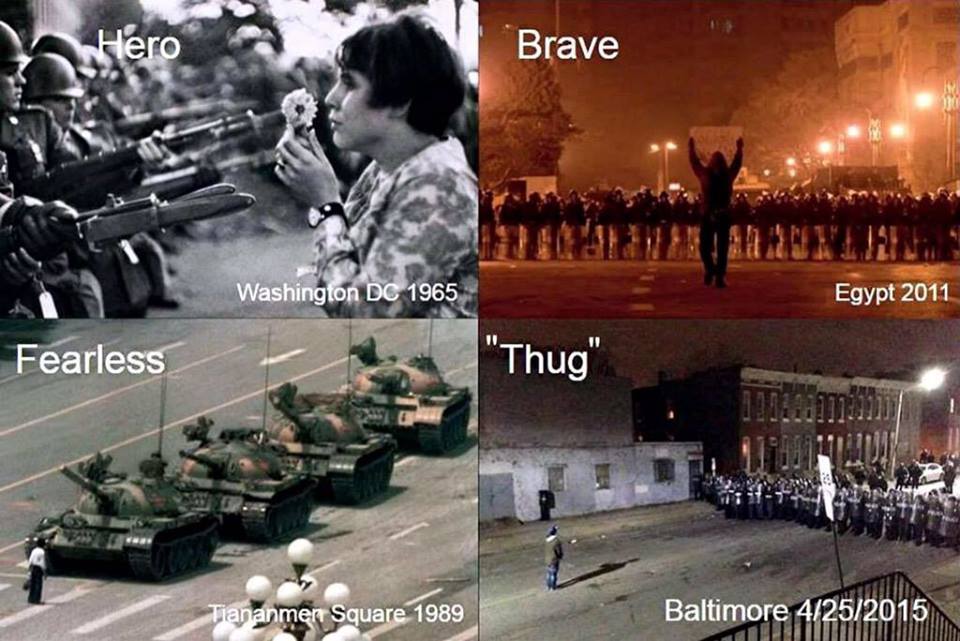It is good to be firing up the ol’ blog again. This is a guest post from someone who wishes to remain anonymous. I enjoy these artistic, prophetic ventures into the depth of scripture. It paves the way for us as community to journey into the places wherein scripture can speak to us today. This is particularly an intriguing engagement given the current, I would say violent, division that seems to be digging it’s heels within the Anabaptist community in North America. Take this as an opportunity for deeper thought and biblical interpretation. It could be a valuable discussion piece for small groups.
One Sunday morning, in the last couple of years of Barack Obama’s term as president of the United States, a strange man entered into the town. He was dressed just as any other man but his clothes were dusty and dirty from long travel. His shoes were old and worn, the victims of many lonely miles on the road.
He entered the center of town where two churches faced each other across the road. Two more different churches could not be found. One was conservative in theology and practice, one progressed forward in thinking and outlook. But what was disturbing was the people entering. As they entered their own edifice, the looks they cast at the church across the street belied the animosity, distrust, and sense of superiority the one group felt towards the other. It was like daggers flying back and forth.
Into the middle of this, the grungy, grim figure stepped. He placed himself in the middle of the road, directly between the two churches, right in the line of sight of the vitriolic gazes. He looked towards one and then towards the other. The parishioners slowed down and some of them stopped to look at this man out of place. As they observed, they noticed the glittering tracks on his cheeks of the tracks of tears winding their way through the grime.
Glancing at the ground briefly, the man took a deep, shuddering breath, raised his head and spoke in a loud, firm, and commanding voice.
“Hear the word of the Christ, the Son of the Living God, the very source from which you sprang. ‘You expect the voice of the prophet to aim outward, to speak against the evils of the world and pronounce judgment against the world. You include your own sisters and brothers, however, into this expectation. Those who should be your compatriots, your partners, you helpers in overcoming the challenges of the world and fulfilling my mission, you instead pray and hope that they will be shown to be wrong and you will be vindicated.
“‘You are like turtles. You retreat into your armored shell, building up your defenses of arguments, Scripture texts, biting commentary, and stunning logic preparing for just the right moment. When it comes, you snap out, biting into those who come close. You are like fortified hills, waging a war of ideas against your fellow citizens. You toss out volleys of rhetoric and condemnation, lobbing damaging artillery of words onto your neighboring hillside, destroying hearts and minds. And the shrapnel of your combat falls into the lands around you, bringing ruin and destruction wherever it lands. You are comfortable. You say to yourselves and to your opponents, “We are right. We know we are right. And we will do everything and anything to prove you wrong.”‘”
The man took another shuddering breath as the tears ran freely and fresh down his face. He turned to one of the two churches and says, “‘You come here and you talk about justice and love for others, and yet you hate your own brethren. You teach about how we are to love the stranger, the person who is different, the person who is ‘outside’, and yet you show no justice towards your own siblings of the faith, the ones that I called, the ones I revealed myself to. You demand they follow your way. You berate and belittle them when they don’t measure up to the standard you have set. The very ones who are supposed to be easy to love, the ones who love me, you silence with words of force and scorn.'”
He turned to the other church and spoke. “‘You come here and talk about morality and being pure in God’s righteousness as you point hypocritical fingers at the others. You claim to be moral, at following the code, at living the best of lives free of reproach and yet, every day you forget the very example I gave you of how to treat with each other. Your clothing righteousness and morality are rags soiled by contempt, pride, and a legalism that dehumanizes and cuts to the quick. Just like your siblings across the way, you have no concept of what it means to love. If they were your enemies, if they were not my children, it may be understandable to show such contempt. But I have called them mine and you shut them out and push them away.”
The man turned back to the center and, inclining his head to the sky, raised his arms in two fists and cried out, “‘I don’t want to hear your worship songs any more. I don’t want your fancy sermons. I don’t want to see that offering plate passed any more. I want you to turn back to me,’ says The Christ, ‘and I will accept you back. But this will not happen. You are too committed to your ‘holy war’, to forging your weapons of ideas against each other. You are blind to the death of the soul that you bring. Your minds and your hearts are calloused by the many, many scars of long and brutal battles of wit and will. And so your churches will die from the inside out. Remember the majesty of the the ancient churches of Europe, where your very ideas had their start? Look at them now: crumbling buildings, many of them empty, many of them reclaimed by the world for purposes not my own. This is what happened to them. Do you think you are safe from this fate? What happened there, will happen to you. And the world will see your empty buildings and will say, “See? We were right. They were nothing special. It’s better that they have died and faded away.”‘”
The man’s voice changed now. Instead of grief and sadness, a ringing hope filled his voice. He shouted, “‘But I will raise up for me a better church, one built in adversity, one that needed to depend upon each other, not upon doctrinal rightness. It will be a people who know what it means to be starving but have a brother or sister give you feed. It will be a people who will accept each other no matter the disagreements and truly show the world what love is. Because, that people will have faced death. They will know that having the right theology, the right positions, the right hermeneutics, the right systems of belief mean nothing when faced with the gun and the machete. Because they have felt the bite of the blade and the sting of the bullet. They have seen their churches burn. They have seen all their theological treatises go up in smoke and they will not grieve. They know on what their faith is built, on a solid rock, with a firm foundation of love, grace, mercy and forgiveness. And they will know, when the jack-boots thunder in the streets and in the halls of their homes, the only way to face death is knowing your brethren are facing it with you. And this is the true comfort.'”
“‘This will be the church of Paraguay, Namibia, India, Indonesia, Afghanistan, and Iran. It will be people from all walks, all colors, all classes. It will not care about being right because they know that the only source of Truth, of Righteousness, of Pure Doctrine is found in me. And they know that the only way to find it in their own lives is to follow me into the darkness, into the pits of the world, to do my work to bring hope, peace, love, and joy to the world. They know that I go with them, that they will meet me in the dark places where theology seems so far away. They know that my Truth is the only light they need and they only find it by walking in the dust of my footsteps. This new church, these new people, will be following me, following my commandments of Love your Lord and Love Each other. This is my true church.'”
‘”Heed these words. It is not too late yet. There is still time to repent, to change, to remember what it means to love with no conditions. There is time to regain the vision of the oneness, of the prayer I offered up when I asked my Father in Heaven to make you One as he and I are One. But the time is short. The empty winds are beginning to blow and you can hear the echoes of desolation in your sanctuaries and fellowship halls. Again, remember the edifices of Europe and what happened there. Do not think you will be spared if you fail to repent. The time is short. Decide now what you will do.'”
With that, before the angry mobs could organize to seize him and toss him out of town, the man, the Prophet in the Middle, turned on his heels and walked wearily, but firmly out of town, aiming across the hills and fields for the next town to repeat the words again, hoping, perhaps, that some remnant remains. But so far, he is alone… How long, oh Lord?
14 Therefore, what I did to Shiloh I will now do to the house that bears my Name, the temple you trust in, the place I gave to you and your ancestors. 15 I will thrust you from my presence, just as I did all your fellow Israelites, the people of Ephraim.’ – Jeremiah 7:14-15 NIV


 Strange Fruit
Strange Fruit
